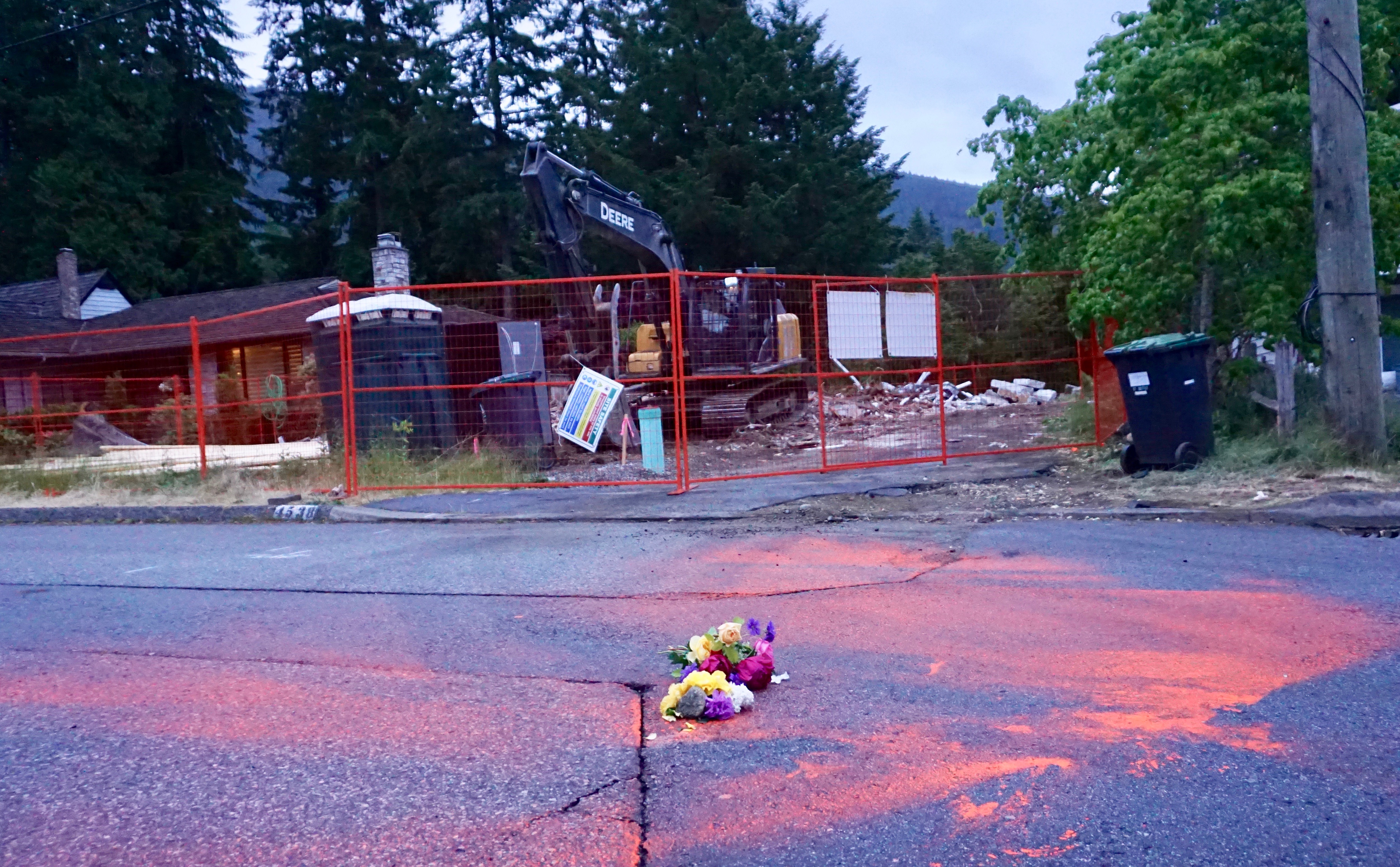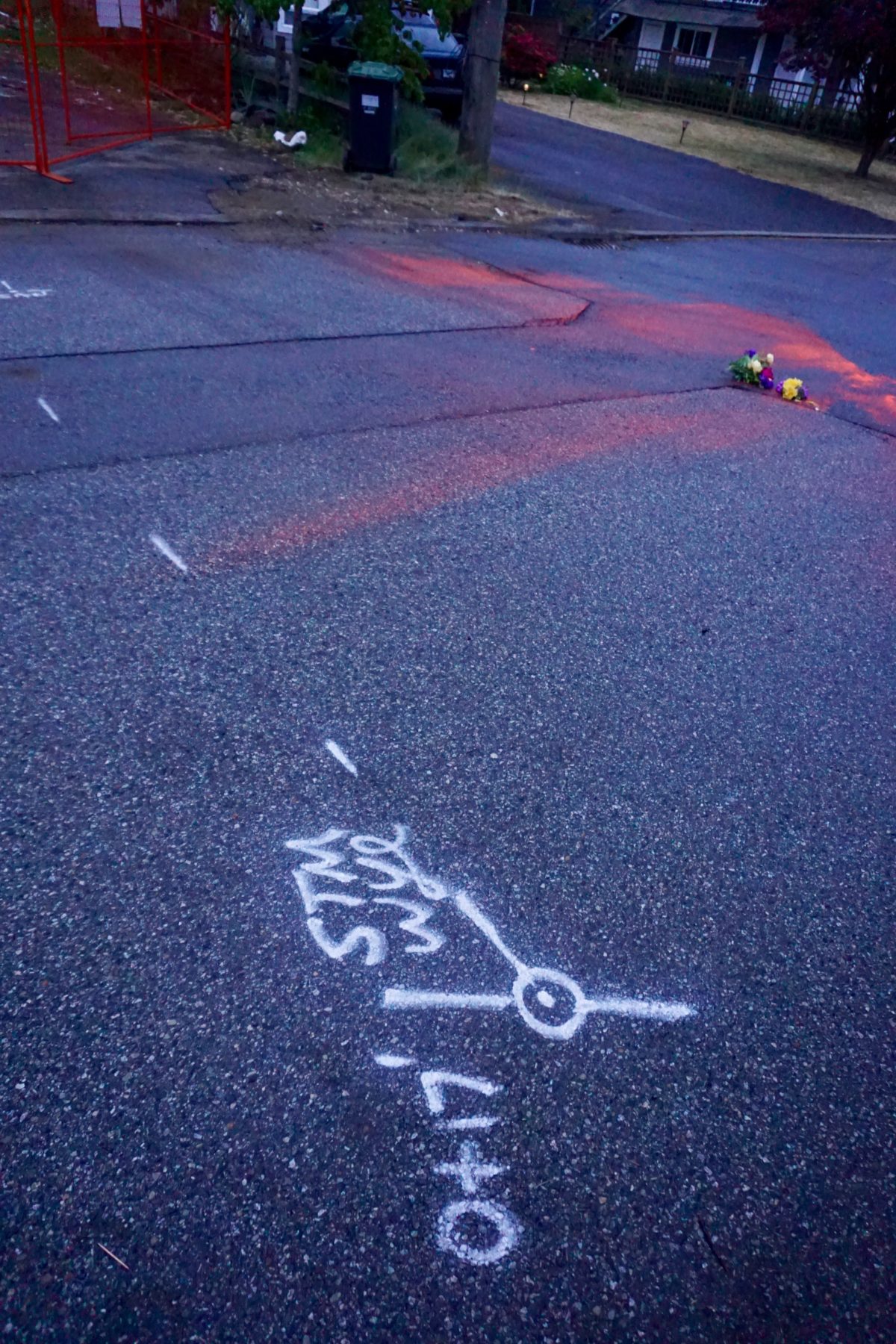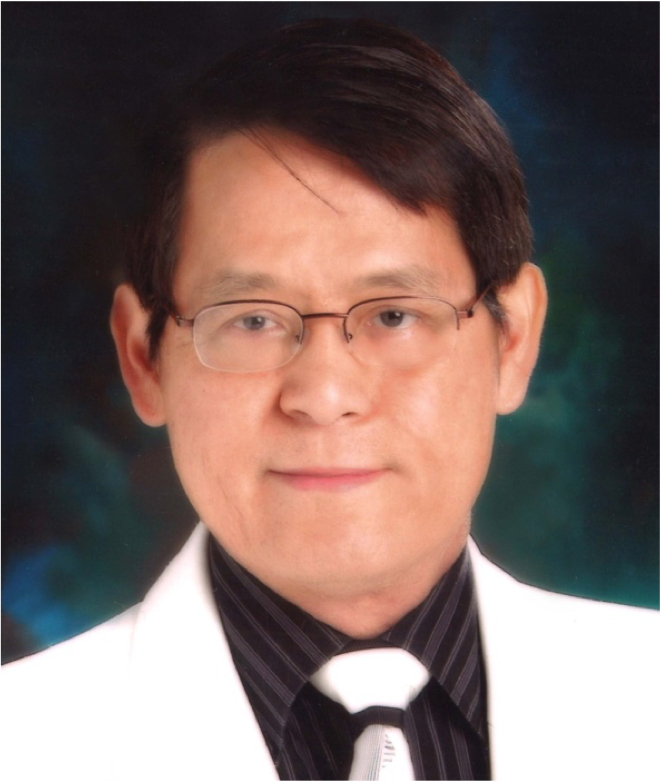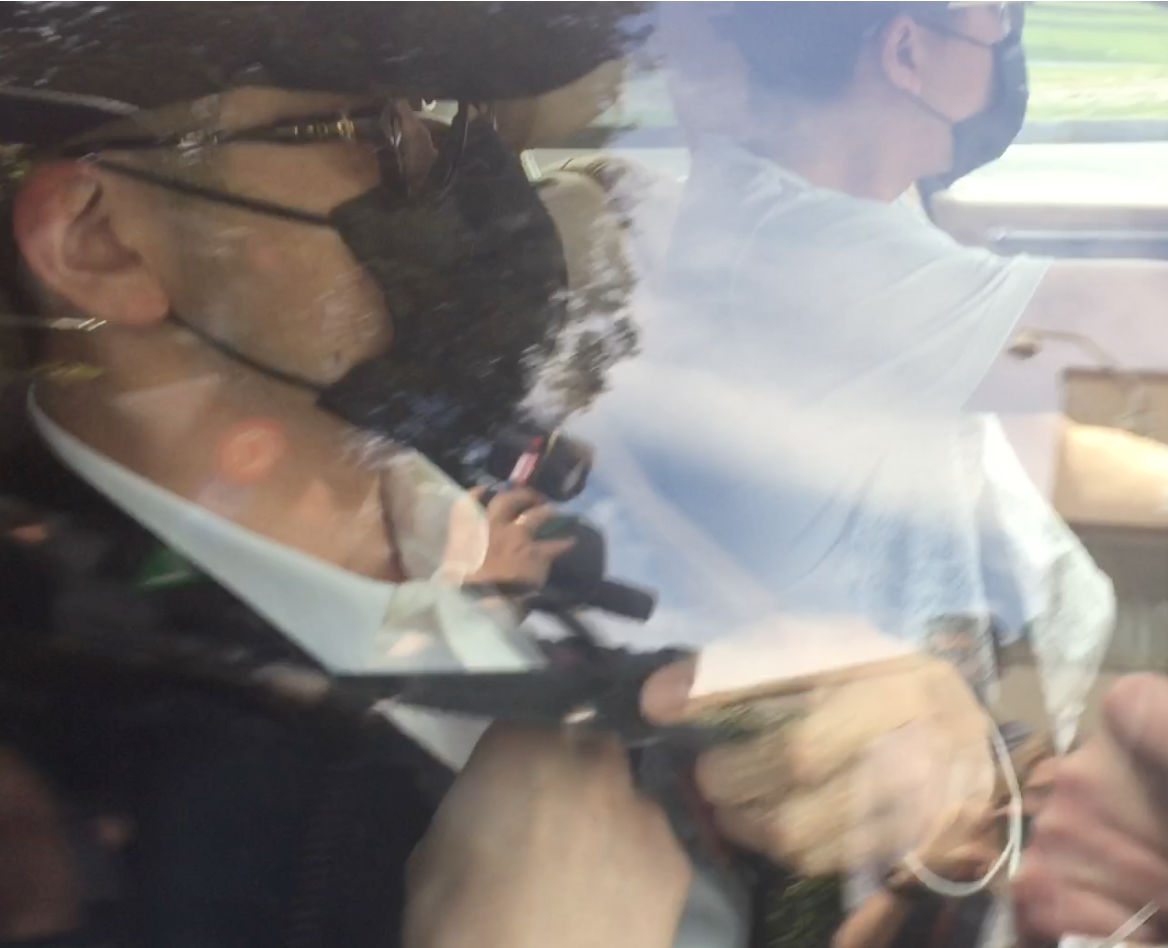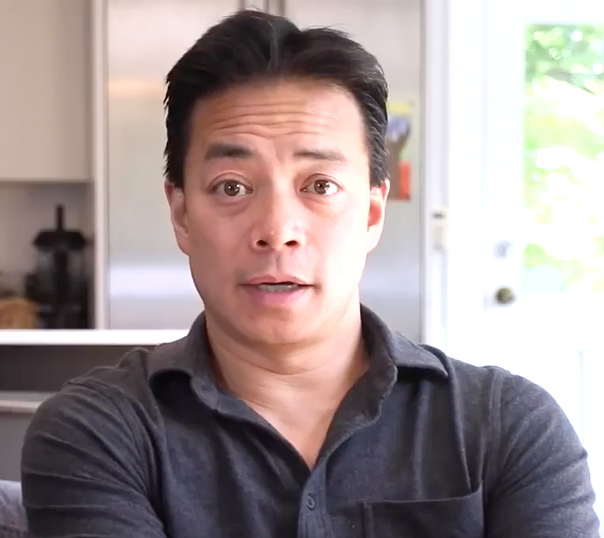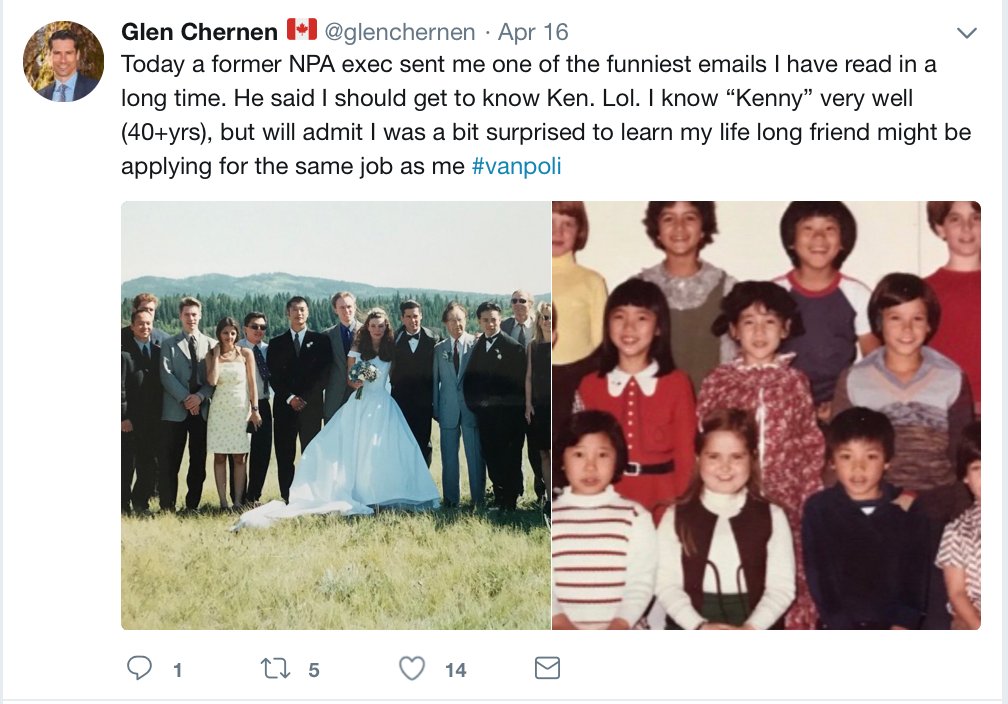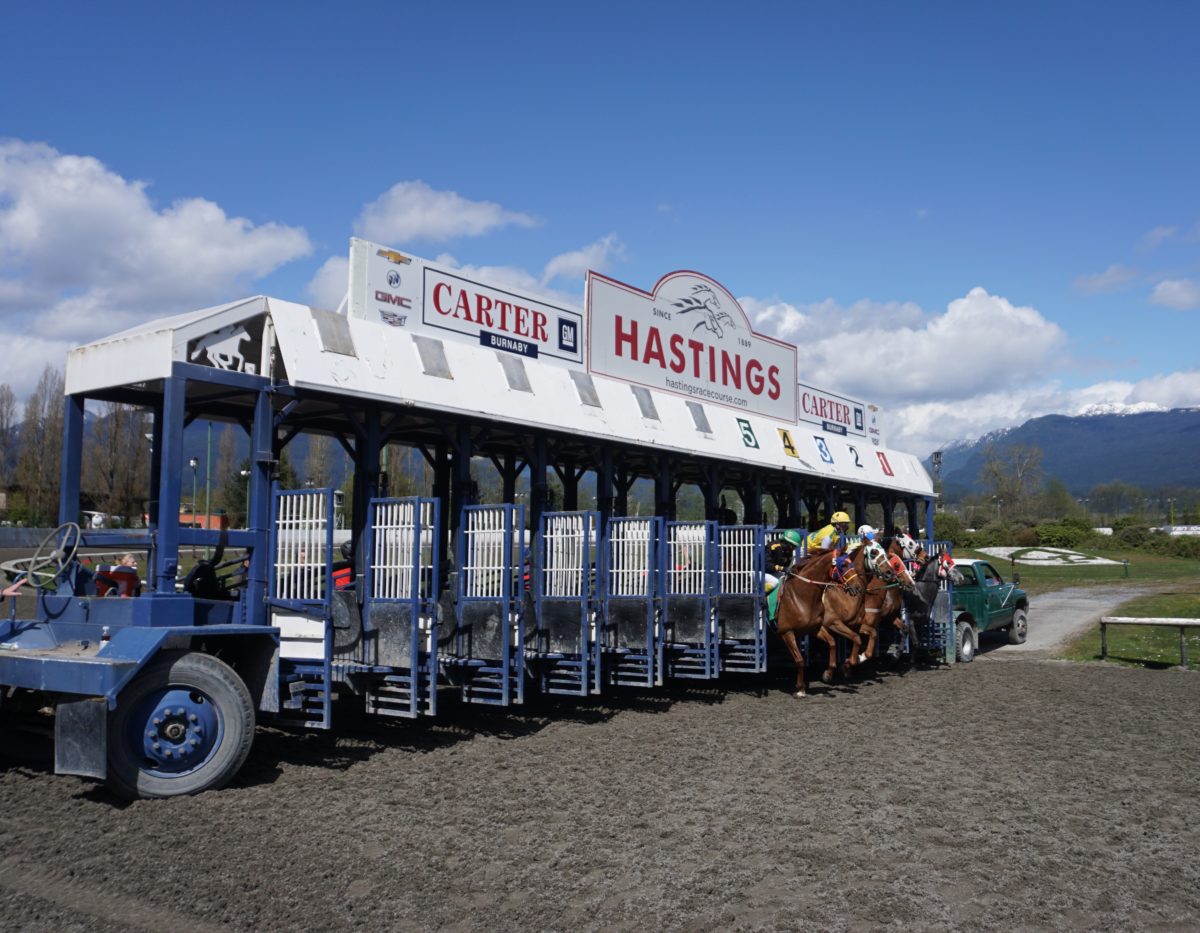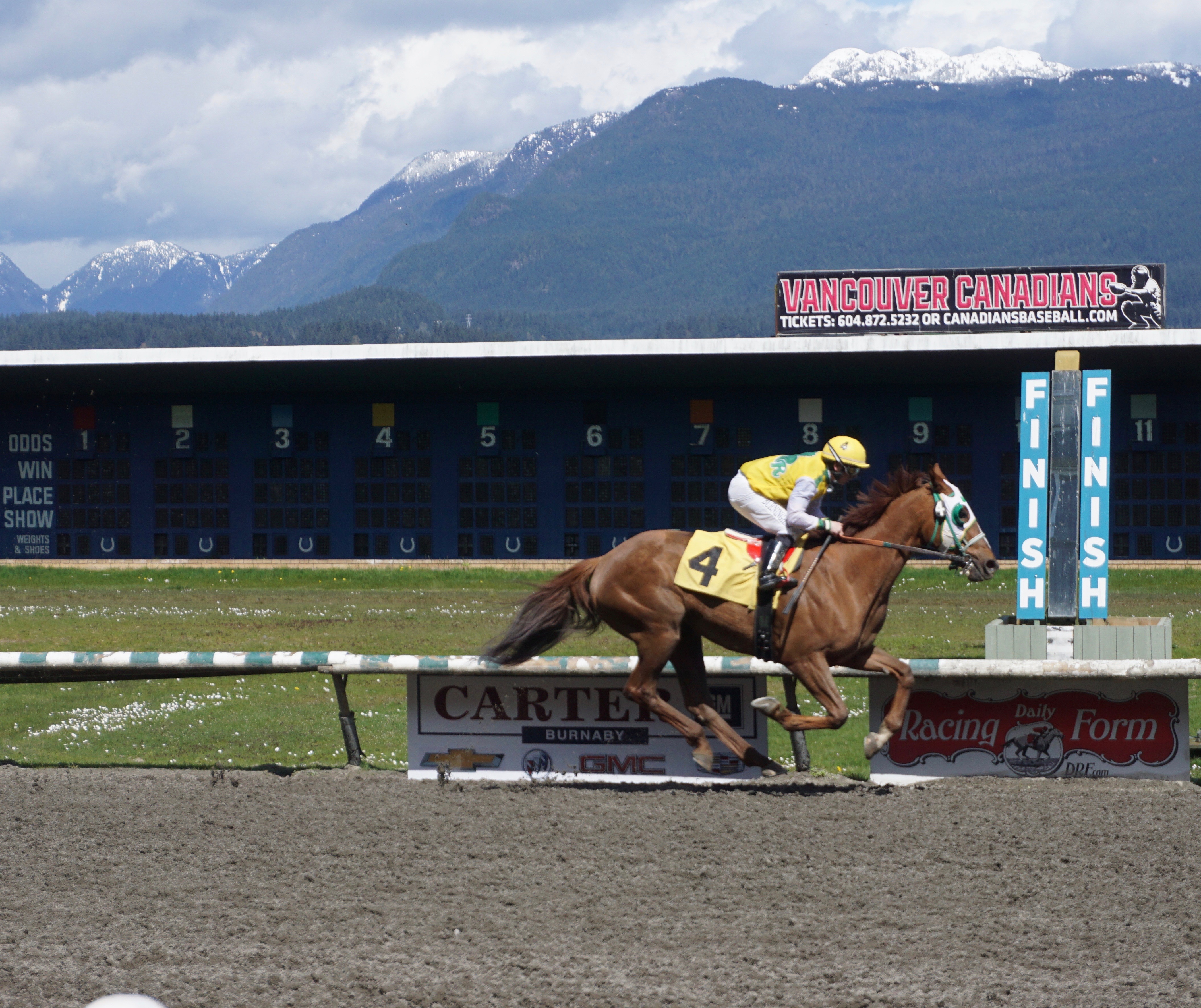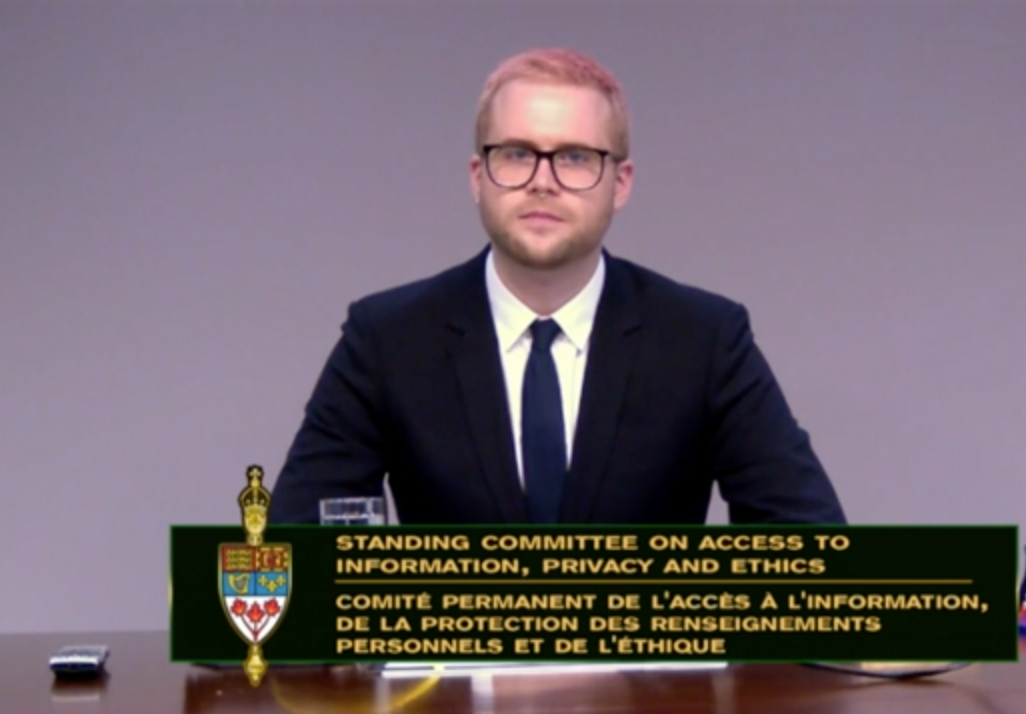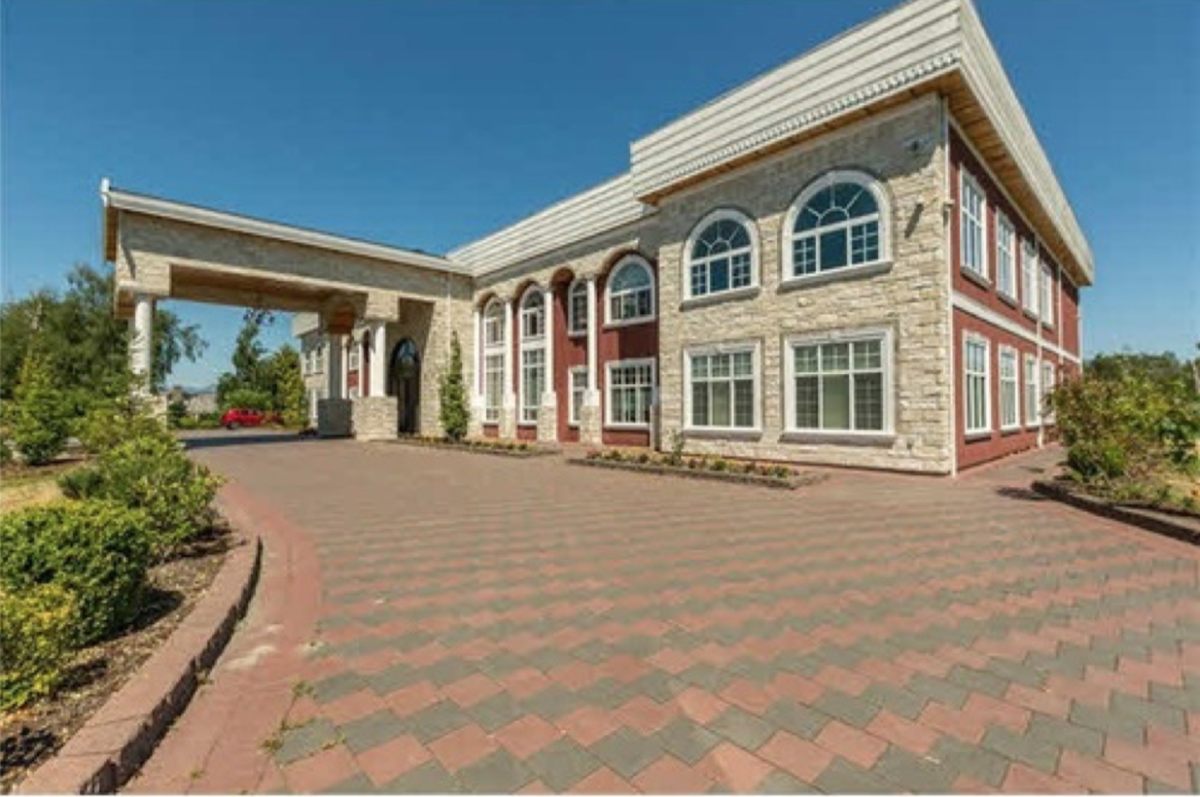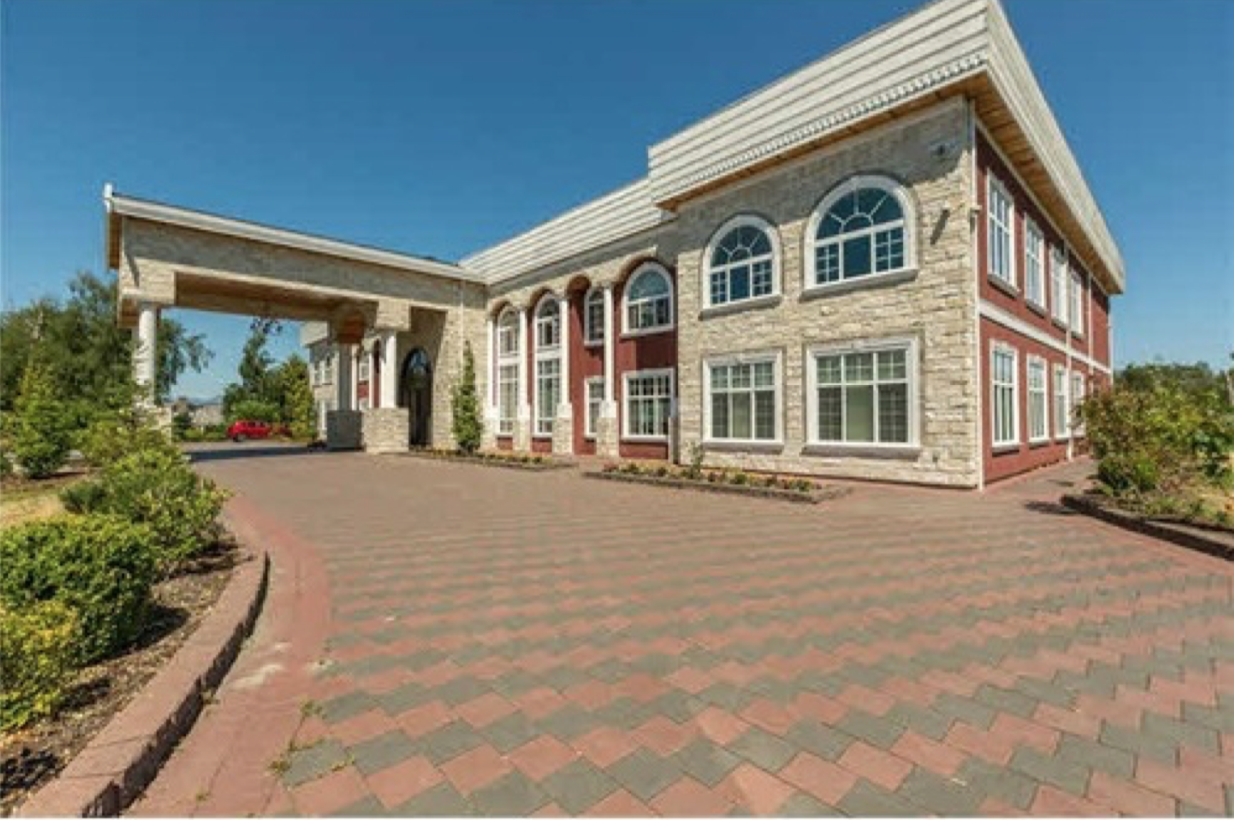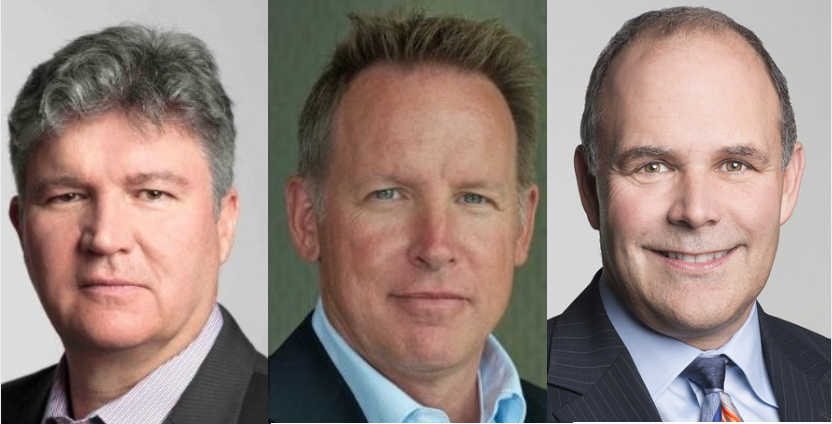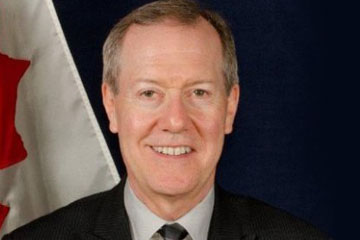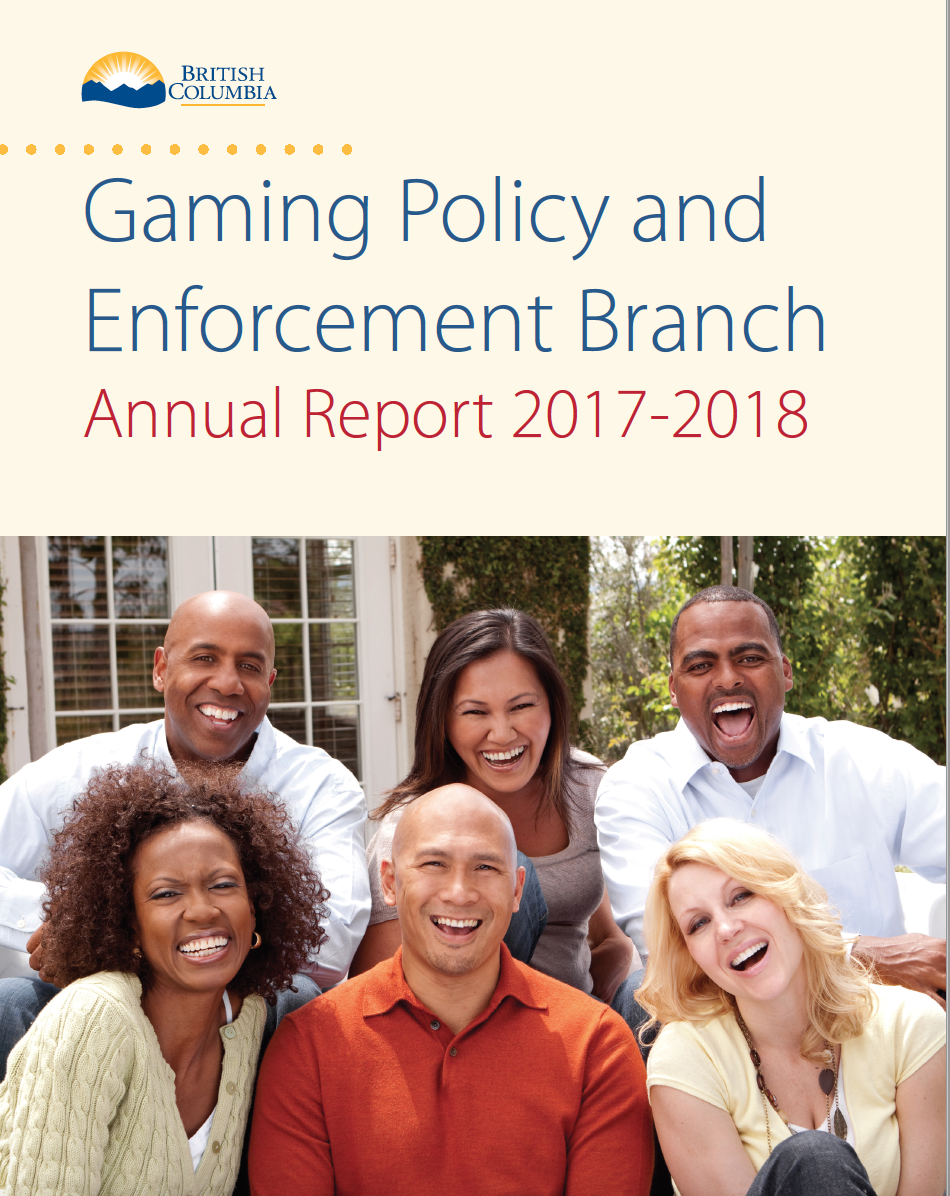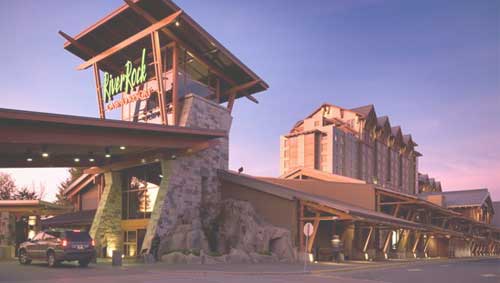Bob Mackin
The British Columbia Legislature breaks for four months on May 31.
Two sessions under Premier John Horgan and the NDP will have come and gone with one major omission and one major surprise. Both undermining the Better B.C. slogan from the party’s 2017 election campaign and the subsequent throne speeches.
First the omission.
The Horgan Horde has done diddly-squat to fulfil promises to improve the Freedom of Information and Protection of Privacy Act.
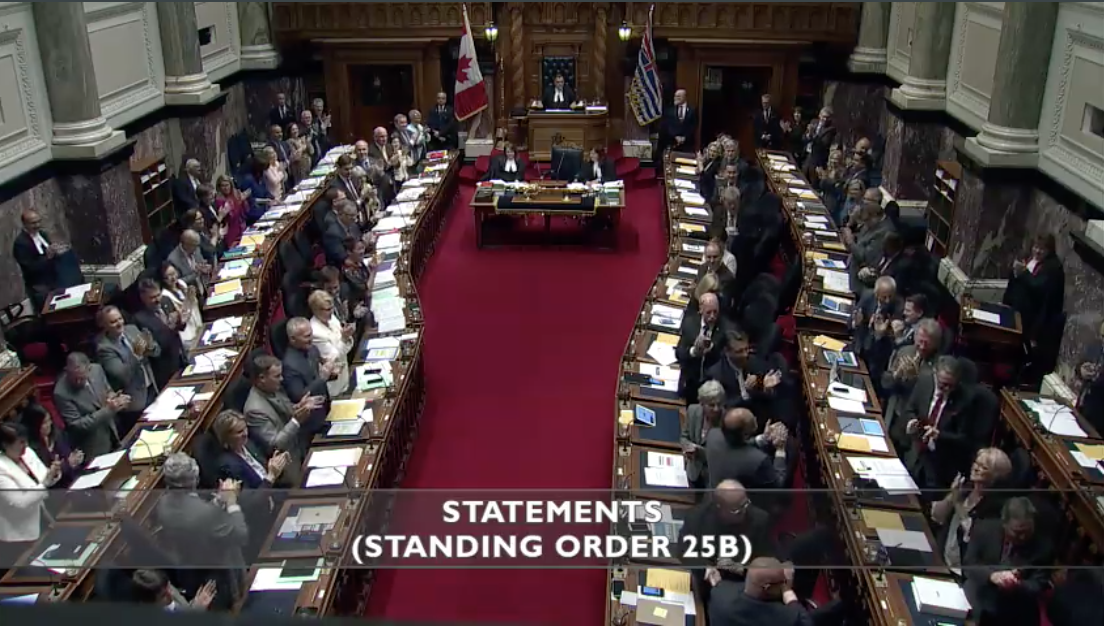
B.C. Legislature on May 30 (Hansard)
In opposition and on the campaign trail, they vowed to bring in a meaningful duty to document law with fines up to $50,000 for those caught deleting or destroying public records without authorization. They wouldn’t tolerate another BC Liberal-style triple delete scandal under their watch.
Horgan had railed against the Clark Clique’s “culture of deceit, deception and delete.” Yet, BC Liberal opposition critics turned the tables on an embarrassed Horgan earlier this month, after they found various bureaucrats and cabinet members deleting their email or using personal accounts to hide information from the public.
Jinny Sims, the minister in charge of the government’s FOI office, was ordered last July by Horgan to improve access to information rules to provide greater public accountability and to improve response and processing times for freedom of information requests. All she has done so far is run a time-wasting public consultation.
The 2016 all-party review of the public disclosure law included lengthy public hearings for citizens and special interest groups. The committee’s report contains the roadmap for reform, but it is gathering dust on the shelf.
The surprise?
Paul Fraser, the conflict of interest commissioner since the start of 2008, is getting five more years on the job. That means, if he sticks around until 2023, he will have spent 15 years as a part-time Legislature watchdog pocketing a full-time, $273,000 annual salary.
Dermod Travis of IntegrityBC called the process to reappoint Fraser “a rubber stamp from beginning to end.”
“Clearly given what’s transpired over the last few years in that office, there should have been a competition for that position,” Travis said.
It is as if the NDP, Greens and BC Liberals want to keep playing the game without a strict referee.
Fraser is known in some parts as the “conflicted commissioner.”
In 2012, he recused himself from an investigation of Premier Christy Clark’s ties to the BC Rail scandal, because MLA John van Dongen rightfully pointed out that Fraser’s son, John Paul, was Clark’s propaganda chief.
Four years later, Democracy Watch unsuccessfully asked a judge to find Fraser in conflict of interest, after he found nothing wrong with Clark’s $50,000-a-year party stipend derived from attending big money fundraisers. Not only was there the same, problematic father-son connection, but The New York Times reported that Fraser had made small donations to the BC Liberals before his appointment.
The Commissioner is supposed to advise MLAs, meet with them at least once a year to review their disclosures and undertake investigations and inquiries of alleged contraventions of the Act.

Paul Fraser, sitting behind John Horgan on May 30 (BC Leg)
Fraser has launched just 11 investigations and authored 10 of the reports over his decade in office. Miraculously, he found nobody flouted the rules. The law says that an apparent conflict of interest exists when “there is a reasonable perception which a reasonably well informed person could properly have, that the member’s ability to exercise an official power or perform an official duty or function must have been affected by his or her private interest.”
Premier Gordon Campbell’s post-Olympics trip to the secretive Bilderberg conference in 2010? Nothing to see here, Fraser ruled. Clark’s acceptance of tickets to the 2011 Stanley Cup final from Canucks’ owner and BC Liberal donor Francesco Aquilini? Nothing to see here, Fraser ruled. Clark’s contract to recruit foreign students and lobby Canadian universities? Nothing to see here, Fraser ruled.
Rather than explain his decisions to the public, through curious reporters, Fraser adopted a “move along” strategy.
He even told his assistant to ignore this reporter.
A five-person, all-party committee, chaired by the NDP’s Rachna Singh and vice-chair Eric Foster of the BC Liberals, revealed in its May 30 report that it met nine times since last November. All behind closed doors. Fraser expressed interest in remaining in the job and got an interview last Dec. 12.
“I’m a little puzzled by this sense in the report that he’s been a stellar conflict of interest commissioner,” Travis said. “He’s been a very well-paid commissioner.”
Fraser dutifully sat behind the government benches during the afternoon, before he was unanimously reappointed.
“Mr. Fraser has provided strong and effective leadership as Conflict of Interest Commissioner since he was first appointed in 2008,” Singh told the Legislature. “The committee was impressed by his expertise, experience and reputation, and is confident in his ability to continue overseeing the conflict-of-interest provisions for members.”
For reasons left unmentioned, the committee did not test the waters, to find out if there was anyone better than the 77-year-old Fraser available. Neither Singh nor Foster responded to theBreaker for comment.
“To be fair to him, part of the rap that he’s had to face is, frankly, related to the deficiencies in the legislation itself,” Travis said.
In opposition, last year, the NDP tabled a private member’s bill for a new Conflict of Interest Act to cover ministerial staff, former deputy ministers and advisors, as well as senior Crown corporation and agency executives. Fines would have been up to $50,000 and suspensions from office up to two years. The BC Liberals did as governments do, let private member’s bills die on the order paper.
There is no sign when or if the Horgan Horde will resurrect that bill and expand the aging Fraser’s workload and prevent corruption.
Fraser’s new term began on a day when Clark was announced as a senior advisor at the Bennett Jones law firm in the Guinness Tower, the same building where the official opposition maintains a Vancouver office. Clark is hanging out her shingle, as a government relations, infrastructure, international trade and technology expert. This is the same career politician that went to three universities and gained not a single diploma. The same career politician that became premier after the bulk theft of PIN numbers by her leadership campaign workers.
Rather than setting the bar higher on government-wide transparency and integrity of public officials, and giving life to the Better B.C. slogan, the Horgan Horde seems content to leave the bar right where it is.
Low.
BC Liberal low.
Support theBreaker.news for as low as $2 a month on Patreon. Find out how. Click here.
Bob Mackin
The British Columbia Legislature breaks for
